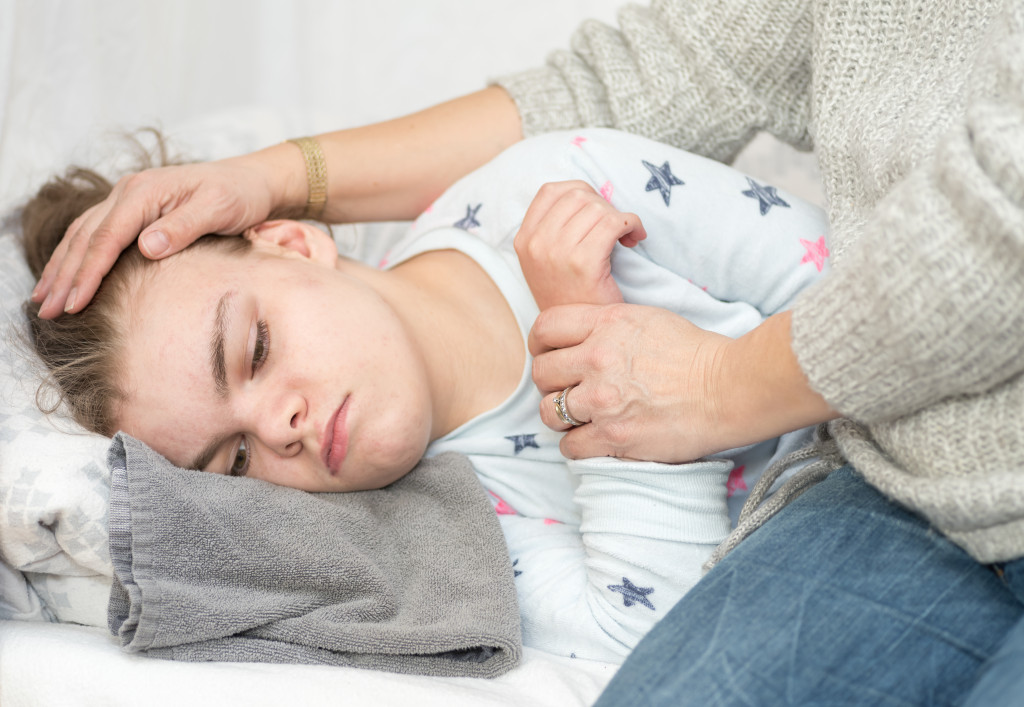As the world grapples with the pandemic of the century, parents are struggling to keep their children safe both inside and outside the home. Even with the vaccines and booster shots, there is still a lot of fear and uncertainty about the virus. The best way to protect your children is by teaching them how to protect themselves. Here are some tips for keeping your children safe outside the home during this pandemic.
1. Teach your children to wash their hands often.
This is one of the most important things you can do to protect them from the virus. Have them wash their hands for 20 seconds with soap and water, or use an alcohol-based hand sanitizer. Ensure they scrub their hands, especially under their nails, to eliminate germs. It would be best if you also taught them to avoid touching their face, especially their eyes, nose, and mouth.
Some parents worry that their children will become obsessed with hand-washing and start to avoid touching things. While washing their hands often is essential, you don’t want them to become afraid of handling things. Help them find a balance by teaching them when it’s appropriate to wash their hands and when they can use hand sanitizer.
2. Keep them away from large crowds.
One of the best ways to protect your children from the virus is to keep them away from large crowds. You don’t want them to be in close contact with people who might be sick. Avoid places with many people, such as amusement parks, shopping malls, and movie theaters. If you can’t avoid large crowds, ensure they stay 6 feet away from other people and wear a mask.
It would be best if you also tried to ensure your child’s school has a plan to keep students safe. If possible, opt for virtual learning or homeschooling. Some parents also opt to enroll in a charter school with smaller class sizes. This can help reduce the risk of exposure to the virus.
3. Have them wear a mask.
Wearing a mask is one of the best ways to protect yourself from the virus. Children need to wear masks because they are likelier to touch their faces. Make sure the mask fits snugly and covers their nose and mouth. Some parents worry that their children will suffocate if they wear a mask. However, studies have shown that masks are safe for children to wear.
Talk to your children about why it’s essential to wear a mask. Help them understand that it will help protect them and others from the virus. You can also make wearing a mask fun by letting them pick out their own or decorate their masks.

4. Keep them home if they’re sick.
If your child is sick, it’s essential to keep them home. This will help prevent them from spreading the virus to others. You will also protect them from virus exposure while their immune system is weakened.
If your child has a fever, ensure they stay home for at least 24 hours after the fever has gone away without medication. If they have a cough, diarrhea, or vomiting, keep them home for at least 48 hours after the last symptom has gone away. But if your child is showing signs of the virus, such as a fever, cough, or difficulty breathing, contact their doctor immediately.
5. Get them vaccinated.
One of the best ways to protect your children from the virus is to vaccinate them. The vaccines are safe and effective and will help your child build up immunity to the virus. Two vaccines are available for children: the Pfizer vaccine and the Moderna vaccine. Both vaccines are highly effective, with the Pfizer vaccine slightly more effective.
If your child is under 18, they will need two doses of the vaccine, given 3-4 weeks apart. It’s essential to ensure they get both doses to be fully protected against the virus. You can find more information about the vaccine schedule here.
Vaccinating your children will help protect them from the virus and will also help reduce the spread of the virus in the community.
6. Keep them informed.
It’s essential to keep your children informed about the pandemic and what they can do to stay safe. However, you don’t want to overwhelm them with information. Keep your discussions calm and age-appropriate. It’s also important to listen to your children’s concerns and answer their questions honestly.
When you talk to your children, be sure to emphasize the importance of following the safety guidelines, such as wearing a mask and washing their hands. You can also talk to them about what they can do if they see someone not following the safety guidelines.
The pandemic has been hard on everyone, but it’s especially tough on children. They’ve had to deal with many changes, and they may feel worried or scared. However, there are things you can do to help keep your children safe. With a little effort, you can help your children navigate this pandemic and come out healthy and happy.